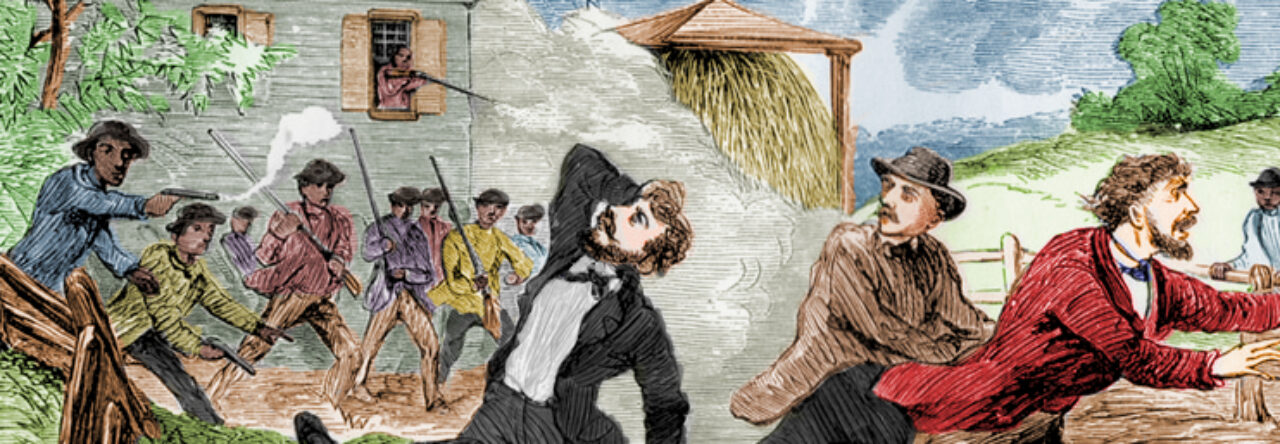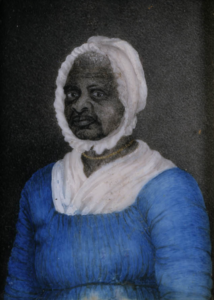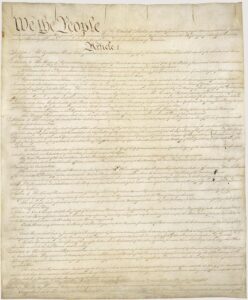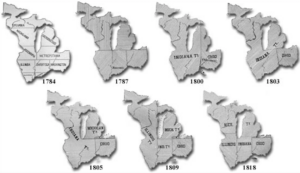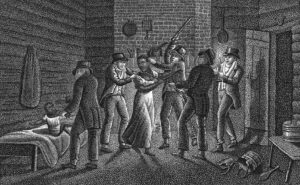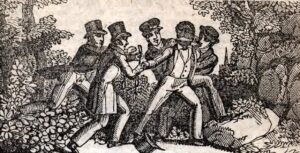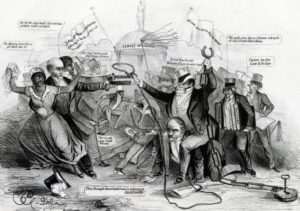Citation
1780 Gradual Abolition Act, March 1, 1780, FULL TEXT via Pennsylvania Historical & Museum Commission
Excerpt
Be it enacted and it is hereby enacted by the Representatives of the Freemen of the Commonwealth of Pennsylvania in General Assembly met and by the Authority of the same, That all Persons, as well Negroes, and Mulattos, as others, who shall be born within this State, from and after the Passing of this Act, shall not be deemed and considered as Servants for Life or Slaves; and that all Servitude for Life or Slavery of Children in Consequence of the Slavery of their Mothers, in the Case of all Children born within this State from and after the passing of this Act as aforesaid, shall be, an hereby is, utterly taken away, extinguished and for ever abolished.
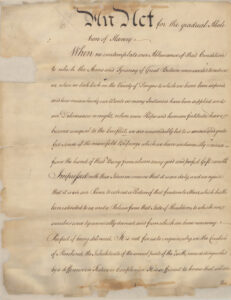
Pennsylvania’s 1780 Gradual Abolition Act (Pennsylvania Historical and Museum Commission)
Provided always and be it further enacted by the Authority aforesaid, That every Negroe and Mulatto Child born within this State after the passing of this Act as aforesaid, who would in Case this Act had not been made, have been born a Servant for Years or life or a Slave, shall be deemed to be and shall be, by Virtue of this Act the Servant of such person or his or her Assigns, who would in such Case have been entitled to the Service of such Child until such Child shall attain unto the Age of twenty eight Years, in the manner and on the Conditions whereon Servants bound by Indenture for four Years are or may be retained and holden; and shall be liable to like Correction and punishment, and intitled to like Relief in case he or she be evilly treated by his or her master or Mistress; and to like Freedom dues and other Privileges as Servants bound by Indenture for Four Years are or may be intitled unless the Person to whom the Service of any such Child Shall belong, shall abandon his or her Claim to the same, in which Case the Overseers of the Poor of the City Township or District, respectively where such Child shall be so abandoned, shall by Indenture bind out every Child so abandoned as an Apprentice for a Time not exceeding the Age herein before limited for the Service of such Children.
